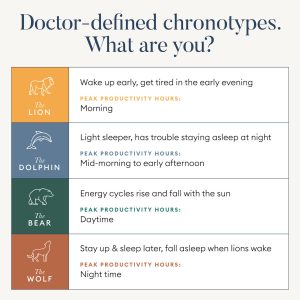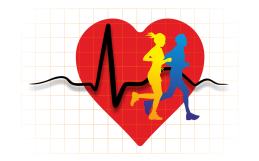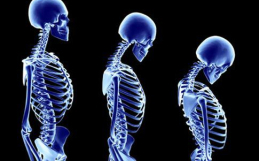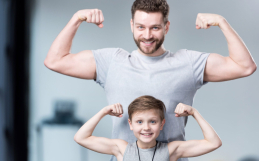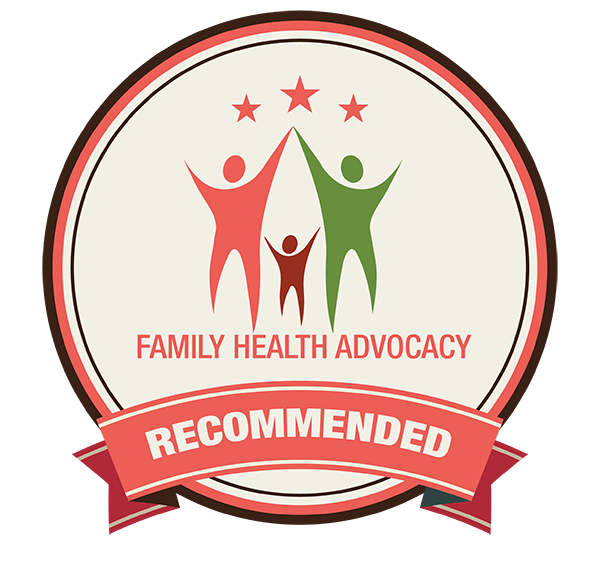As the years progress, the importance of sleep has become increasingly more evident. Having been a chronic ‘undersleeper’ for most of my adult life, I keep realizing that this an area I have to continue to revisit and get ‘back on track’. With the advent of sleep tracking devices, we are learning more about the value of not only the quantity of sleep but also the quality- what is actually happening when we close are eyes. In my earlier years, I was definitely of the camp: ‘I will sleep when I am dead’ and have written other blog posts on my evolution to improving my sleep; you can find here, here and here. I used to use an app called Sleepcycle and I now use the Oura ring (during the pandemic the NBA is partnering with Oura to help bring players, coaches, and staff safely back to basketball. Currently UFC Performance Institute and Nascar are also using Oura to help with performance and recovery). Now, with the help of my ring, I work to improve my Sleep score, my Heart Rate Variability or HRV and Readiness Score. I must admit that I have a significant love/hate relationship with my ring as it doesn’t hesitate to show me when I have made poor lifestyle decisions. These can include more than a few drinks of alcohol, too much or too late caffeine, late eating, not coping with stressful events, streaming marathons, ‘social jetlag’, too much or too little physical activity, etc.
Do you prefer to rise early with the lark or stay up late with the owl?
Discovering your chronotype may help to figure out when you are the most productive in your day. A chronotype refers to the physiologic preference for morningness (as seen in so-called ‘morning larks’) or eveningness (‘night owls’). Often due to social/cultural norms we are made to feel guilty for sleeping in or going to bed too early or too late. A person’s chronotype is the propensity for the individual to sleep at a particular time during a 24-hour period and the individual differences in activity and alertness in the morning and evening. According to a November 2009 study in Nature and Science of Sleep, the sleep onset, body temperature, and melatonin markers for sleep are two to three hours later for evening chronotypes than morning chronotypes. Because of their delayed alertness and sleepiness rhythms, evening chronotypes can stay up later.
You may intuitively be well aware of your chronotype but if not these are the best ways to figure it out:
- Genetic testing via 23andme or other genetic testing to determine genetic chronotype.
- The Morningness-Eveningness Questionnaire (MEQ) designed by Horne and Östberg is by far the most frequently employed chronotype instrument. MEQ test cheaper way to know or 23andme or other genetic testing to determine genetic chronotype.
- Munich Chronotype Questionnaire (MCQ). It consists of a core module that is required to determine chronotype and several additional, optional modules on personal data, light exposure, substance use, shift-work, children, etc.
Helps to realize ‘no mea culpa’ (it’s not my fault!), its genetic, night owls get a hard time (seen as slothful or lazy) for not getting up at 5 am, completing a 1-hour workout and making it to work by 7am. We must work on the harmony between our biology and chronotype and this can explain incorrect poor sleep or insomnia. If you are wide awake for the first 1-2 hours of bedtime, this may simply mean you are going to bed too early- for you. If you did not have to go to bed based on societal needs, when would you go to bed? Many of us, having difficulty falling or staying asleep may be experiencing a mismatch between chronotype and work/life schedule. Sleep researcher Dr. Michael Breus popularized the theory of four chronotypes in his 2016 book The Power of When, although Russian researchers confirmed similar findings in 2015.
In his extremely popular book, Why We Sleep, and equally popular Ted talk Sleep is your Superpower, Matthew Walker explains the wonderfully good things that happen when you get sleep- and the alarmingly bad things that happen when you don’t, for both your brain and body. Walker spent four years writing the book, in which he asserts that sleep deprivation is linked to numerous fatal diseases, including dementia.
Walker is an English scientist and professor of neuroscience and psychology at the University of California, Berkeley. He is one of the most high-profile public intellectuals focused on the subject of sleep. As an academic, Walker has focused on the impact of sleep on human health. He has contributed to over 100 scientific research papers.
A few concerning updates Walker has mentioned on various podcasts here and here regarding sleep include:
‘Short sleep’ doubles risk of specific cancers such as lung and ovarian.
If you are sleeping 5hrs or less, you are 70% more likely to develop pneumonia.
Immune response is significantly impaired by sleep deprivation.
He calls sleep your life-support system and Mother Nature’s best effort yet at immortality. Thanks to Walker I have compiled a list of quick and easy steps to ensure you fall asleep and stay asleep.
Easy tips for staying and falling asleep:
- Regularity; going to bed and waking up at the same time (avoid ‘social jetlag‘ on weekends of switching your sleep later by up to 2-3 hours)
- Lots of darkness and avoiding blue light at night in conjunction with lots of daylight throughout the first half of the day. Daylight exposure is just as important for proper circadian rhythm.
- Temperature must be cool to fall asleep; much easier to fall asleep cooler than warmer.
- Don’t stay in bed awake. This trains your time in bed to be a trigger to stay awake and becomes a learned association. If you are awake for greater than 20 minutes, get up and only go back to bed when sleepy. My trick is to leave bedroom and have a reclining-type chair and read using a very dim light (old-school low wattage incandescent bulb) until I am quite sleepy- then return to bed.
- Avoid or significantly limit alcohol in evening and caffeine in the afternoon.
- Use a wind down routine. Sleep is not an on and off process; it is more similar to landing a plane. Build this time into a routine 15-30 minutes prior with light stretching, meditation, put phone away, read, etc. We know with kids that we need to stick to a sleep routine and adults are the same.
- If struggle falling or staying asleep, remove all clock faces from bedroom (study at UC Berkley: Allison Harvey, looked at poor sleeper with insomnia, removing clock faces from sleep area helped).
- Keep technology outside of bedroom and don’t check the technology as soon as you wake up. ‘Swiping right’ and a surge of anxiety surges through our bodies. We train our brain as Pavlovian Conditioning to create ‘anticipatory anxiety’ for the morning and lightens your sleep due to this expectations. Similar to the poor sleep we have when we have an exam or have to catch a morning flight. A diluted version of this occurs daily.
- Avoid sleep procrastination. Checking one last social media post or making one last purchase your forgot of can reduce your sleep by 30-60 minutes by the time you are finished.
- If your phone is in the bedroom, it can only be used when standing.
- Try not using your phone for 1 hour after you wakeup.
- Talk to me about taping your mouth to increase nasal breathing and avoid mouth breathing for several benefits including more restorative sleep.
*None of this will work if you have a sleep disorder, ie. you may need to see a medical sleep professional. Buenas noches!
Dr Dan.

